

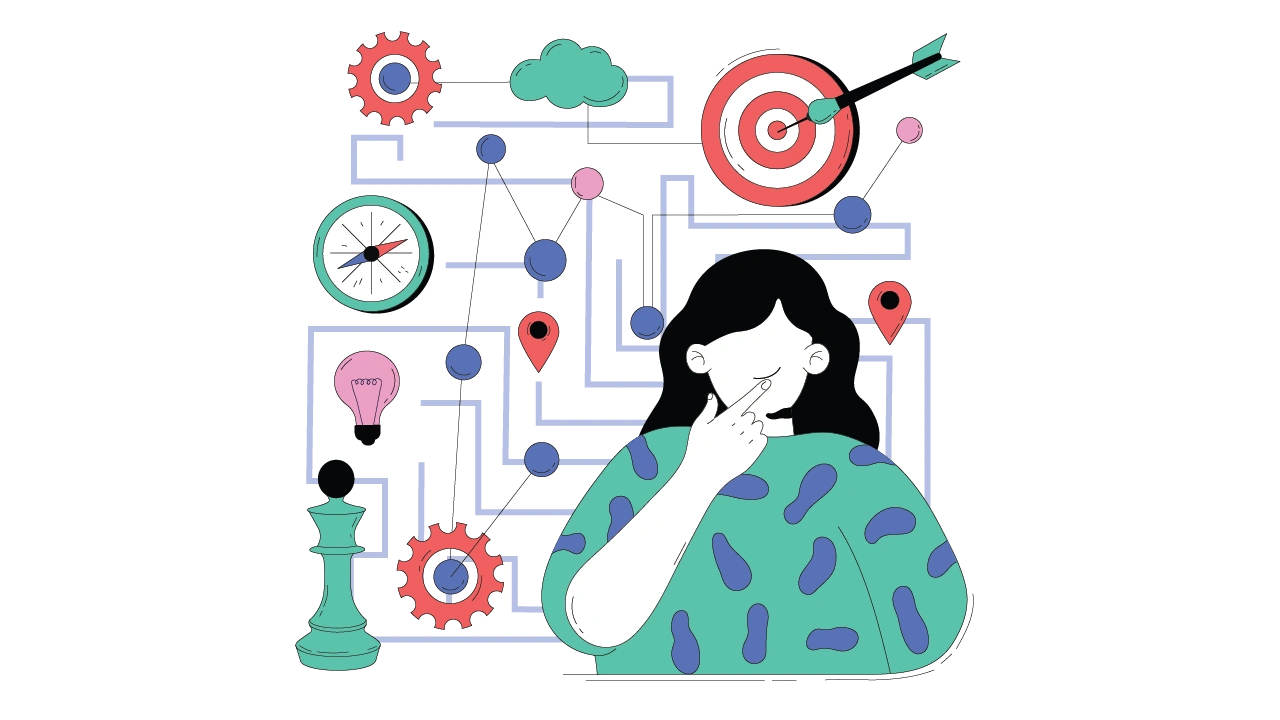
Evolving Work, End of Jobs: What’s Changing?
We are living through one of the most profound transformations in the world of work. The once-dominant full-time, long-term job model is being replaced by something far more dynamic and decentralized.
From freelancers building careers across borders, to AI taking over repetitive tasks, to employees choosing hybrid models over rigid office hours—work has become unbundled from the traditional job.
HR leaders today face an urgent question:
Is your HR strategy keeping pace with the evolving work landscape?
The shift isn't just a trend-it’s a new era. And to stay competitive, HR must evolve from policy enforcer to strategic architect of the future workforce.
Gone are the days when a job meant a title, a cubicle, and a 9-to-5 routine. Today's workforce expects flexibility, autonomy, and purpose.
Here’s what’s driving the end of traditional jobs:
his evolution has given rise to new models of employment that are agile, skill-based, and project-focused. If HR strategies are stuck in the old paradigm, businesses risk losing relevance and top talent.
To succeed in this new world, HR leaders must adopt a bold, future-forward mindset. Here are five strategic shifts every HR leader should be making:
Rethink talent pipelines. Instead of hiring based on college degrees or job titles, focus on skills, potential, and adaptability.
Create agile models that combine full-time employees, freelancers, consultants, and gig workers - based on project needs.
Shift performance metrics from time spent to impact delivered. Agile teams work better when autonomy is respected and goals are clear.
Today’s employees want flexibility, mental wellness, career growth, and inclusion-not bean bags and Friday pizzas.
Use AI tools for hiring, learning, and workforce planning. Predictive analytics can spot skill gaps, attrition risks, and high-potential talent faster than traditional methods.
Modern HR must become a blend of strategy, design, data, and empathy.
A skills-first strategy means hiring and growing talent based on what people can do—not what their job title says.
Here's how to implement it:
The result? A workforce that is resilient, adaptable, and always learning.
Modern work is shifting from fixed roles to flexible, project-based structures. Instead of “hiring for a job,” organizations are “assembling a team for a goal.”
Why project-based work is gaining momentum:
For HR, this means creating a talent marketplace where skills are matched to tasks dynamically—regardless of traditional boundaries.
In the future of work, the project is the new job.
Also Read : Building a Future-Proof Workforce: Through AI & Skilltech
Use this quick checklist to see where you stand:
| Strategic Area | Future-Ready Practice |
|---|---|
| Talent Acquisition | Skills-first, not degree-focused |
| Workforce Structure | Blend of full-time, gig, freelance |
| Performance Management | Outcome-based KPIs |
| Learning & Development | Personalized, AI-powered pathways |
| Flexibility & Wellbeing | Supported by hybrid, inclusive policies |
| HR Technology | Cloud-based, predictive, and integrated |
If you marked “No” for more than 2 areas—it's time to rethink your HR playbook.
It refers to the transformation from static, job-based employment to more dynamic, skills- and project-oriented models.
Factors like AI, gig work, remote tech, and employee expectations are making rigid roles obsolete.
Hiring based on skills and potential instead of degrees, job titles, or years of experience.
Talent is assembled around goals or deliverables, often across departments or contract types.
HR must lead workforce design, enable flexibility, foster learning, and act as a strategic partner to business growth.
The workforce is changing. Jobs are ending—but work is thriving in new and exciting forms. The future belongs to organizations that embrace agility, elevate skills, and redesign HR strategies to meet the moment.
HR leaders must evolve from managing roles to orchestrating outcomes, from enforcing rules to enabling talent.
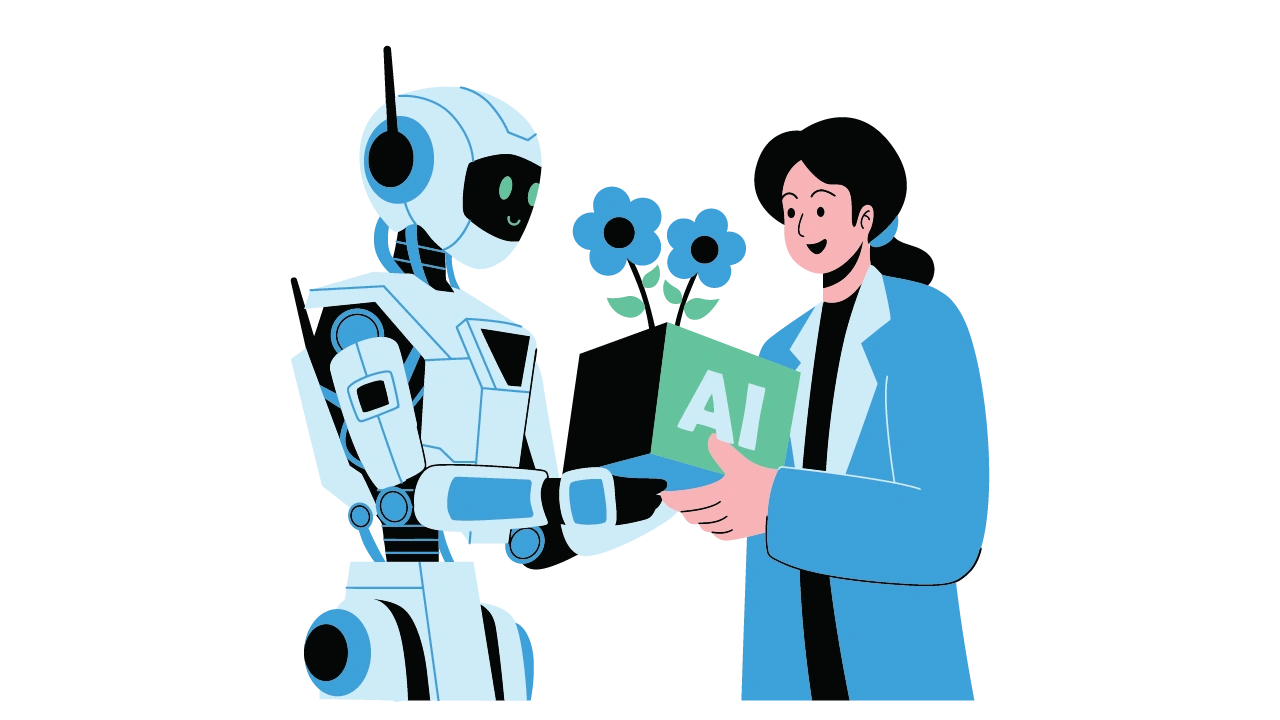
In today’s rapidly evolving work landscape, the arrival of Agentic AI in the workplace is shifting the way teams function, decisions are made, and work is delivered.
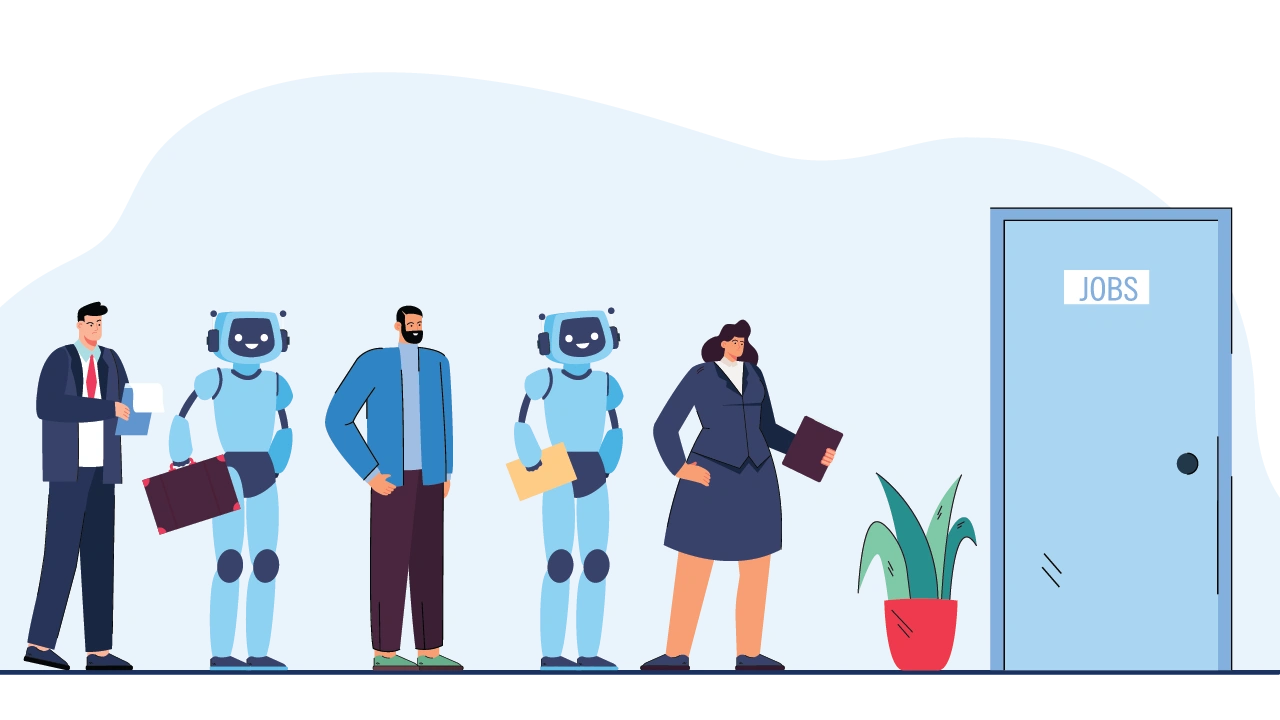
As artificial intelligence continues to reshape the workplace, a new frontier is emerging-one where human workers and AI agents collaborate in increasingly...
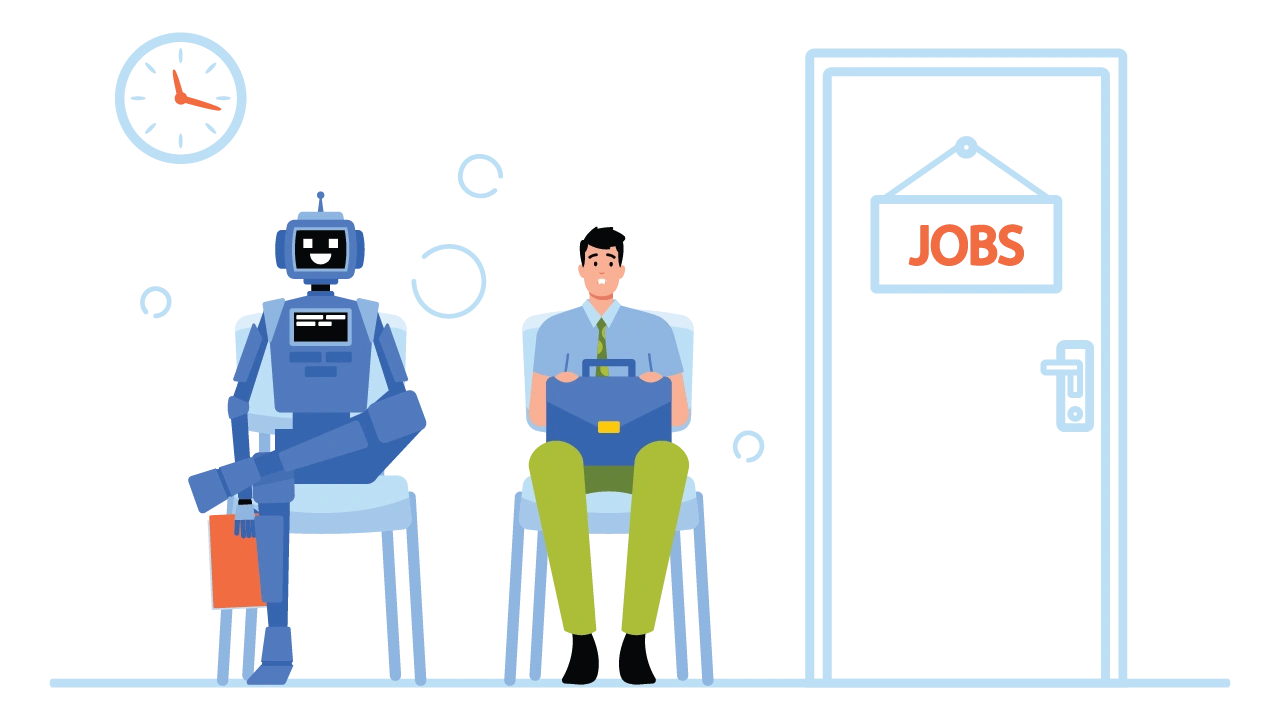
The “Future of Work” is no longer a distant vision—it’s today’s reality. In 2025, global organizations are navigating a landscape transformed by generative AI...

In a world where distributed teams are the norm rather than the exception, the role of culture is under the microscope like never before...
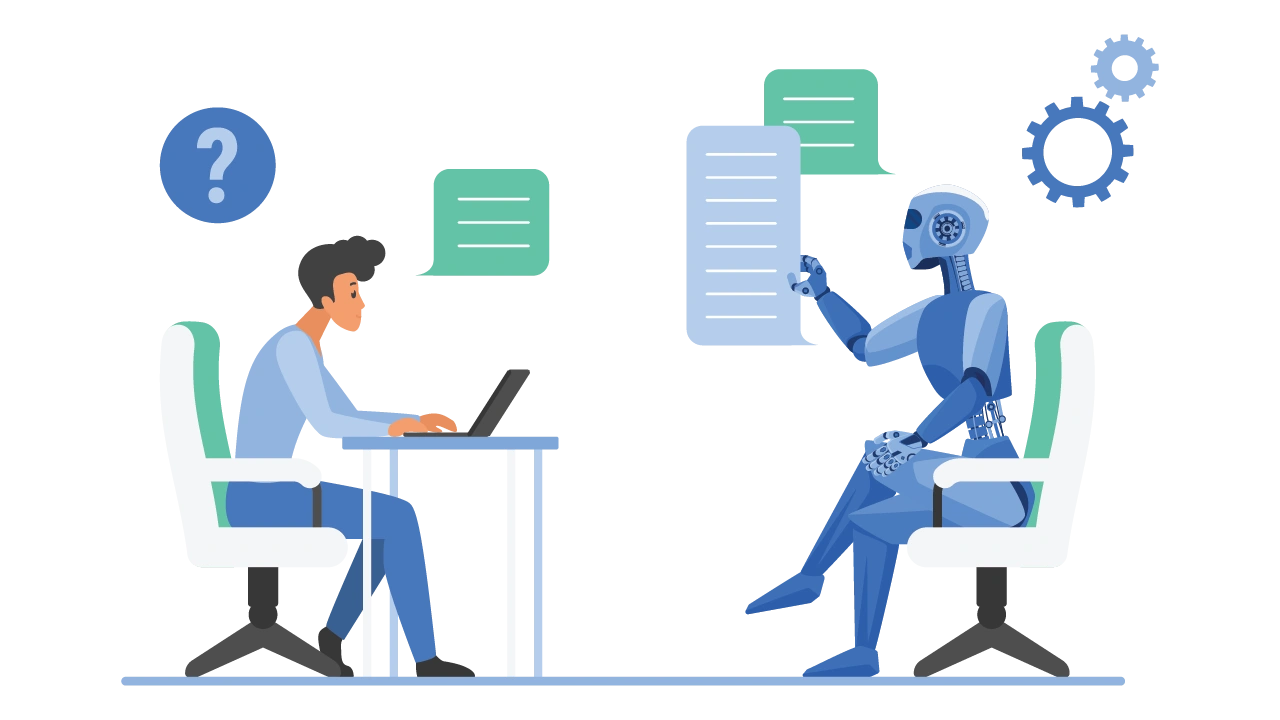
We hear about AI everywhere - from headlines about job losses to promises of supercharged productivity...
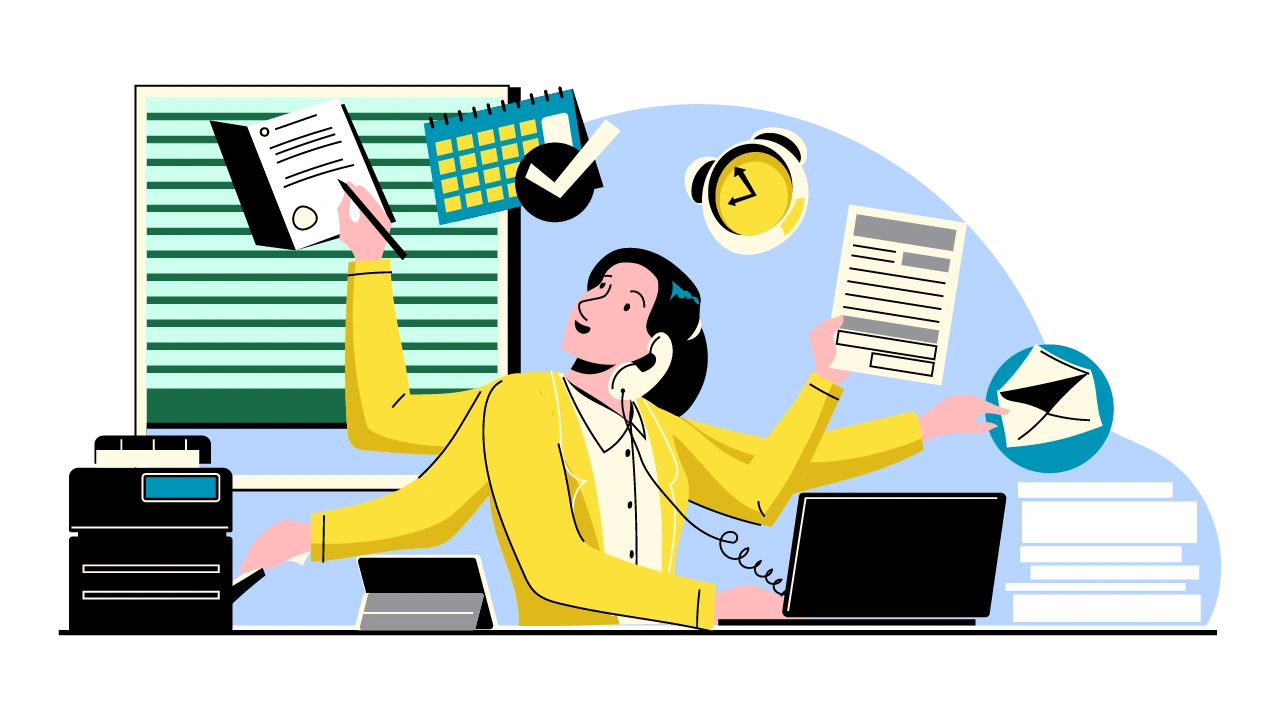
In today's dynamic and often unpredictable business landscape, growth is the ultimate aspiration for small and mid-sized enterprises (SMEs)...